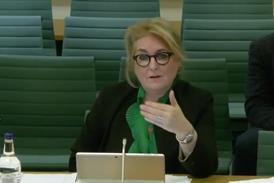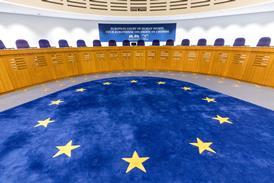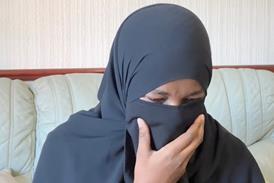The body that oversees the European Convention on Human Rights has named the UK - along with Albania, Azerbaijan and Turkey - in a hard-hitting resolution highlighting conflicts between sharia law and universal human rights. A measure adopted last night by the 47-nation Council of Europe raises concerns about the role of sharia councils in family, inheritence and commercial law.
Rulings of sharia councils 'clearly discriminate against women in divorce and inheritance cases', the resolution states. It calls on the UK to make it a legal requirement for Muslim couples to register their marriages civilly before or at the same time as their religious ceremony.
The resolution was passed at the Parliamentary Assembly of the Council of Europe, which meets four times a year to set the agenda of the Council of Europe. It notes with 'great concern' that three member states, Albania, Azerbaijan and Turkey, have endorsed explicitly or implicitly, the 1990 Cairo Declaration on Human Rights in Islam.
The assembly is also 'greatly concerned' about the fact that sharia, including provisions that contravene the European Convention on Human Rights, is applied either officially or unofficially in member states. In the UK, 'sharia councils attempt to provide a form of alternative dispute resolution, whereby members of the Muslim community, sometimes voluntarily, often under considerable social pressure, accept their religious jurisdiction mainly in marital and Islamic divorce issues, but also in matters relating to inheritance and Islamic commercial contracts,' the resolution states.
It welcomes recommendations put forward in last year's independent report into the application of sharia in England and Wales and calls on the UK to ensure councils operate within the law 'especially as it relates to the prohibition of discrimination against women, and respect all procedural rights'. It sets a deadline of June 2020 for the UK to report back on reviewing the Marriage Act to make it a legal requirement for Muslim couples to register their marriages civily, as is required for Christian and Jewish marriages.

























27 Readers' comments